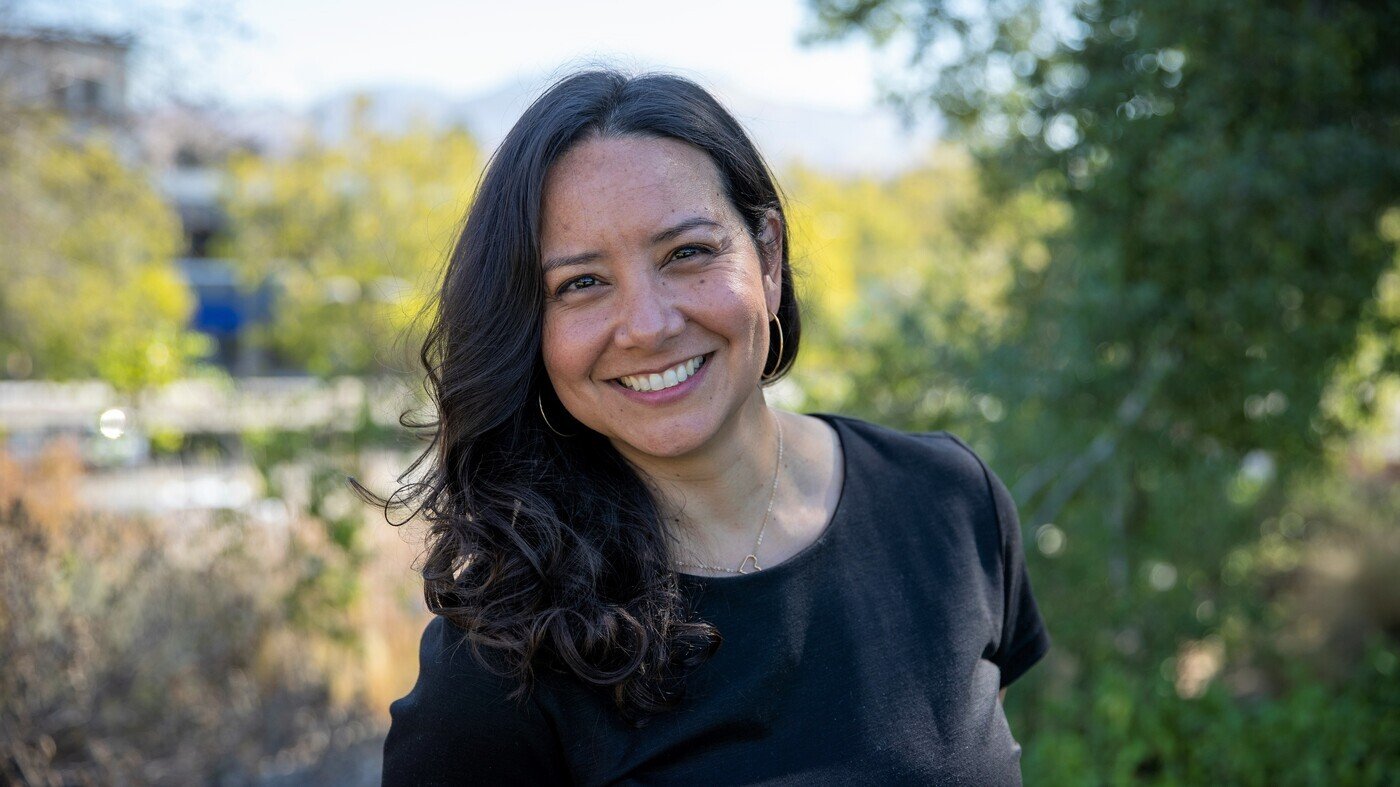Powerful Stories: How Student Journalists Amplify Community Voices
Last year, Salt Lake Community College students – in collaboration with nonprofits Amplify Utah and the Pulitzer Prize-winning Salt Lake Tribune – published dozens of stories, images and films with professional, local media. The focus: amplify voices centered around diversity, equity and inclusion across the news landscape.
Amplify Utah’s goals are many: tell more (and better) stories that showcase our communities through representative storytelling; increase media literacy through a better understanding of the world around us; offer student journalists opportunities to explore these stories and be energized by publication with local news media; bolster readership and interest among a younger audience; and help drive revenue to local news organizations.
This is all done in deep collaboration with mainstream and legacy news partners, member-supported community media, and student journalists and storytellers. The collaborative nature of the project has resulted in expanded local partnership with The Tribune, KRCL 90.9 and the Great Salt Lake Collaborative, a solutions journalism initiative focused on better informing and engaging the public about the crisis facing the capital city’s namesake lake. (Additional detail on these partnerships in the provided project links.)
These stories have engaged hundreds of thousands people, and after proven success in its inaugural year, Amplify Utah crafted a playbook for other colleges and news organizations interested in developing similar collaborations. This playbook is a resource for those across the country interested in replicating, adapting or building upon the project in their own communities. The playbook is organized as a manual outlining how to create and execute similar programs and includes a toolkit of how-to pages and fact sheets. (Amplify Utah is now working with newsroom leaders and educators in Nevada, Maryland and Ghana to establish programming inspired by the initiative out of Salt Lake City.)
Opportunities to engage in representative storytelling exist in every school, church, home, community group, sports team (you name it) across our cities and states. The early success of this project has revealed many additional avenues to bolster voices in our communities, including potential programming with students in prison and those living in news deserts across the state and country.



